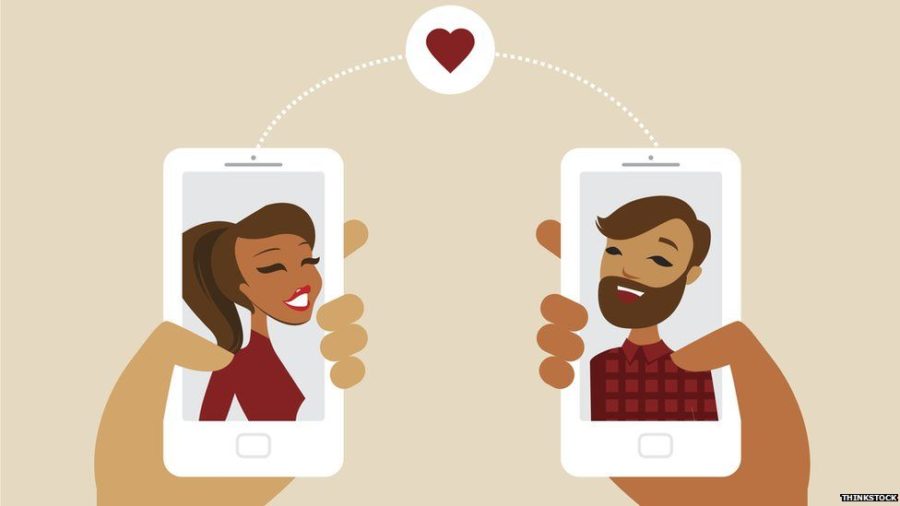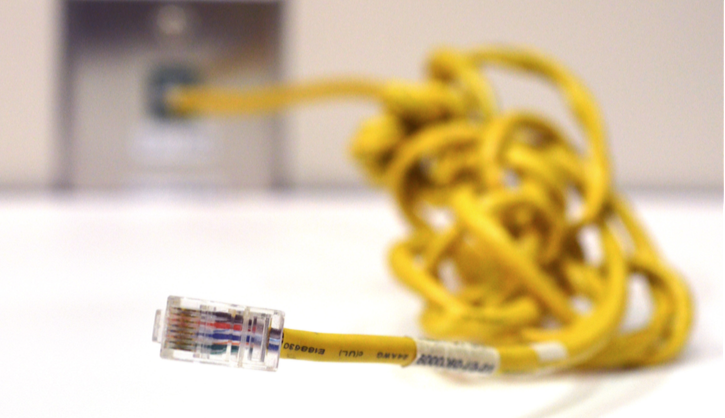A feeling of one’s chest tightening and heart plunging into one’s stomach due to being surrounded by a swarm of unfamiliar faces commonly assaults those who face social anxiety.
The feeling lifts with the lighting of a cigarette as one exhales in silent relief.
These students do not feel they are addicted to cigarettes, as they nonchalantly classifying themselves as “social smokers.”
According to a study published in the American Journal of Preventive Medicine (AJPM), social smokers usually partake in non-daily smoking behavior and smoke primarily in social contexts or situations.
“Most published studies of social smokers have characterized them as affluent, Caucasian, experimenting college students who smoke socially to gain peer acceptance,” the study stated. “The limited data in the public health literature indicate that social smokers – unlike other non- daily smokers – tend not to smoke alone and restrict their use to social situations such as parties, bars or nightclubs.”
University of Southern Mississippi graphic design alumna Julie Gore said she exclusively smoked when she went out with friends during her college years.
“I used to smoke when I first got to college only because I felt very uncomfortable in the ‘bar scene,’ and smoking allowed me to somewhat escape outside and interact with people as I smoked,” Gore said. “When I learned there were people outside talking and smoking, I latched onto that for a year or so until I realized I didn’t have to ‘go out’ with people anymore.”
Gore said she would not have smoked if she had not been a part of the bar scene, and that she bought cigarettes specifically for the occasions when she went out.
“I think if I never was a part of that scene, I wouldn’t have ever smoked,” Gore said. “I’m not [a social smoker] anymore, but I definitely was then. I would keep a pack in my purse exclusively for when I went out with friends. I never bought more than five packs because I just used them to talk to people.”
AJPM’s study suggested many social smokers view themselves as non-smokers and do not assess the health risks of smoking or their own personal addictive behavior.
“Public health has only recently started to focus on social smokers,” the study stated. “In a 2004 cross-sectional study of 10,904 college students, 51 percent of the 2,401 current smokers were classified as social smokers. Consistent with the research described in the tobacco documents, many college social smokers believed that they would not continue to smoke outside of a social environment.”
Like Gore, former USM student Ashlyn Ervin said she began smoking because of the social aspect.
She said the first time she smoked was due to others smoking near her.
“We were all hanging out at my friend’s house playing “World of Warcraft,” and literally all the guys – like five of them – went outside to smoke,” Ervin said. “I was the only one that didn’t smoke, so I said ‘f*** it.’ I smoked a Camel Crush, and it was so good that I started giggling and couldn’t stop. I started saying, ‘I love cigarettes. Why doesn’t everyone do this?’ And I really haven’t ever stopped saying that.”
Ervin said anyone who smokes will say they do not want to quit.
“I’ve always said that,” Ervin said. “Whether or not I can is never the question. Of course I can, but I don’t want or need to quit. I love cigarettes. It’s part of my personality. It’s a hobby. It’s part of who I am. Honestly, I’m not the type of person that needs a cigarette. It’s nice when I get stressed out to have one. I go days without smoking if I’m just at home and don’t leave the house.”
Social smoking may not be seen as a health risk to those who participate in the activity or an issue, but it is considered a stable cigarette consumption pattern, according to AJPM’s study.
“Previously considered a transient behavior, social smoking is also a stable consumption pattern,” the study stated. “Focused clinical questions to detect social smoking are needed and may include, ‘Have you smoked any cigarettes or used any tobacco products in the past month?’ as opposed to ‘Are you a smoker?’”
Social smokers may not recognize their health risks, and with their label, they eliminate the symptoms of social stigma. This does not, as studies suggest, eliminate the hazard.































